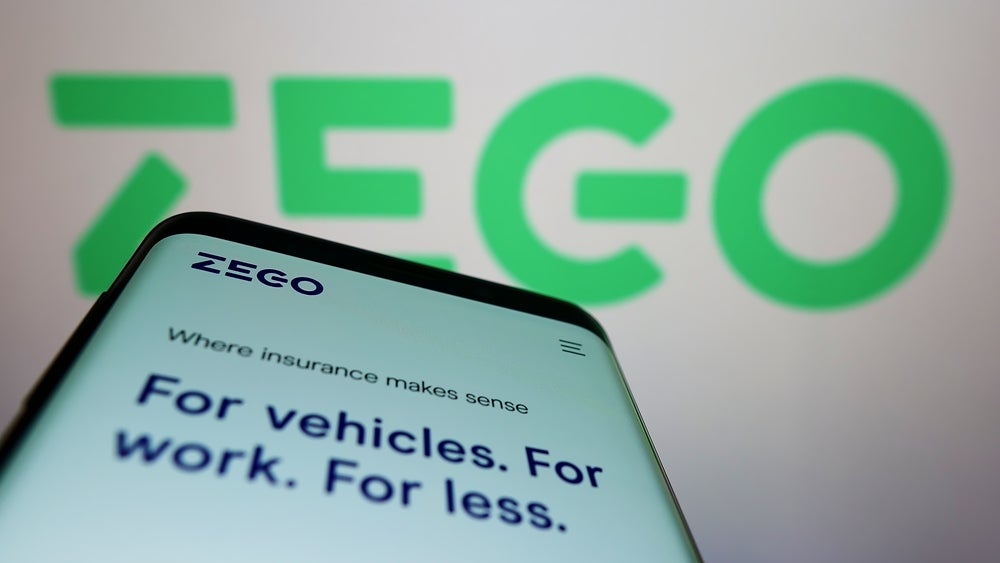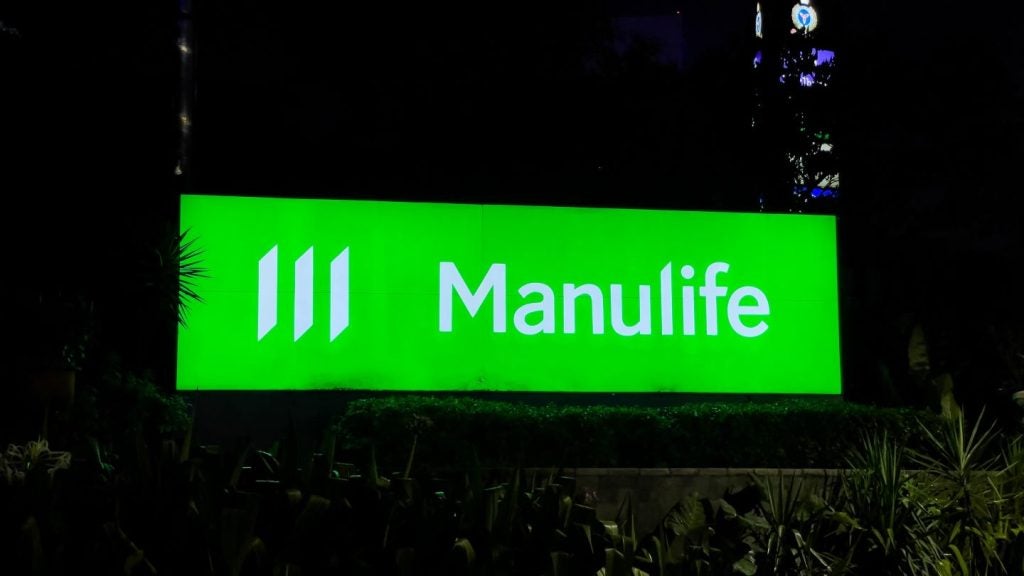
The cost of living crisis is to blame for insurtech deals running dry following the pandemic and we’re all worse off for it.
Ben Carey-Evans, insurance analyst at GlobalData, made that claim in a new podcast, quoting figures from the company’s own data.
“At the end of July, seven months in, it’s 49.5% of the 2021 figure,” Carey-Evans says. “So the 2021 figure already saw a 79.6% decline [from 2020] and we anticipate that the figure in 2022 in terms of investment is going to be even smaller again.”
The news comes after the pandemic slowed the flow of investment into the insurtech industry, with venture capitalists tightening their purse strings in response to the volatile market.
“[As] we’re coming in through to 2022, now, you’d expect the sort of bounce back in recovery from Covid, but it looks like that’s not happening and [it looks like] the cost of living crisis is the leading reason behind that,” Carey-Evans says.
This sharp decline means that insurtech companies are in for a hard time. The gloomy market outlook will make it more challenging for insurtech startups to grow and compete with established brands, which consumers may regard as safer alternatives.
“It is going to be harder to attract investment,” Carey-Evans says.
The fallout from the drop in insurtech deals is already evident, with UK insurtech startup Zego being forced to cut 17% of its staff in July.
In the same month, Honcho buckled under the pressure of rising inflation and intense competition and closed its reverse-action insurance platform.
Deals drying up will also be bad for consumers, Carey-Evans argues, saying that insurtech startups provide them with more alternatives to established brands.
He has a point. By using telematics, insurtech startups have offered car owners flexible policies especially tailored for each individual customer’s circumstances, where they drive, at what times and how often.
Similar on-demand approaches have been considered for years and not just by auto insurers. Life insurers have dished out high-tech health trackers to monitor how often policy holders exercise for years. Others have offered similarly bespoke travel or home insurance.
While market watchers and analysts have previously told Verdict that there is a huge demand for innovation in insurance, the drop in insurtech deals could mean that they’ll have to wait a bit longer for those needs to be met.
GlobalData is the parent company of Verdict and its sister publications.







